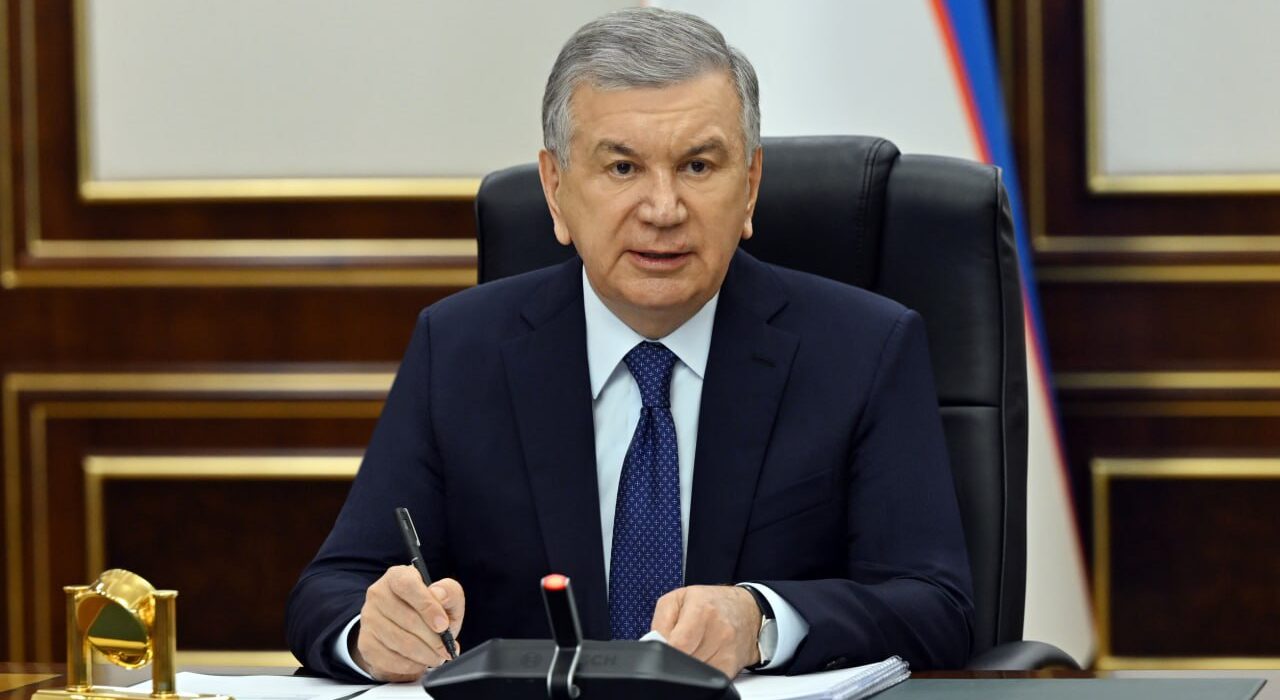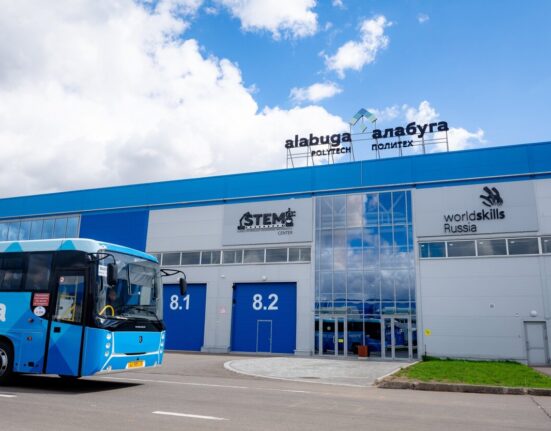Central Asia and the European Union are linked by deep historical roots, coinciding interests, and a common desire for close partnership, Uzbekistan President Shavkat Mirziyoyev said in an exclusive interview to Euronews on the eve of the first Central Asia-European Union summit in Samarkand on April 3-4.
According to Mirziyoyev, the Central Asia-European Union format of cooperation is a unique platform of interaction and is unparalleled in its scale and institutional scope. The European Union, which unites 27 states, including the three G7 countries (Germany, France, and Italy), is the largest integration association building systemic interaction with Central Asia at the interregional level.
Cooperation with the EU covers a wide range of areas – from the economy and investment to sustainable development, security and digital transformation – and is based on long-term strategic priorities.
Today, the EU is consistently developing trade and investment ties with the Central Asian states. Over the past seven years, the trade turnover between Central Asian countries and the EU has quadrupled, amounting to 54 billion euros.
“We are pleased to see the growing interest of European businesses in the opportunities for trade and investment interaction with Uzbekistan and other countries of the region. Under these conditions, the establishment of a strategic partnership between the countries of our region and the European Union during the summit in Samarkand will open new areas in the development of interregional cooperation and interconnectivity,” the Uzbek leader said.
Mirziyoyev emphasized that Uzbekistan’s economic cooperation with the European Union has shown positive dynamics. In 2024, Uzbekistan’s trade turnover with EU countries reached $6.4 billion, increasing by 5.2% compared to the previous year.
More than 1,000 enterprises with European capital operate in Uzbekistan, and the total volume of investment projects amounts to €30 billion.
“We anticipate that the signing of the Enhanced Partnership and Cooperation Agreement (EPCA) with the EU will open new opportunities for strengthening trade and investment ties. We are ready to supply the EU market with a greater volume of high-quality, environmentally friendly products that meet the highest European standards,” Mirziyoyev said.
He added that in the modern world, the development of efficient transport and logistics corridors is becoming increasingly important, and Central Asia can serve not only as a “bridge” between Europe and Asia but also as an active participant in global economic processes.
“In this context, we propose aligning the EU’s Global Gateway strategy with key transport projects in our region, as well as jointly developing an Action Plan to advance the Trans-Caspian Transport Corridor. This will drive investment growth, infrastructure development, and the introduction of innovative technologies.
“To elevate economic interconnectedness to a qualitatively new level, it is essential to further simplify trade procedures, improve access for Central Asian goods to European markets, and harmonise technical standards and certification processes. A crucial role is played by attracting European businesses to participate in infrastructure projects, developing the digital economy, and fostering innovation-driven cooperation,” the Uzbek president stated.
Photo: president.uz




